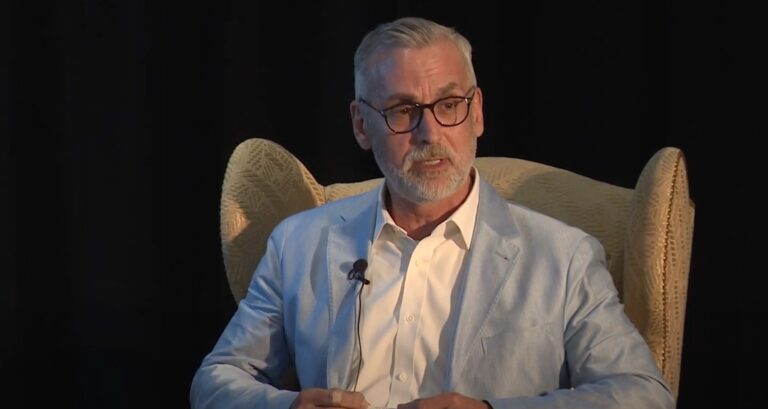Yesterday’s ruling by Judge Jed S. Rakoff in the SEC vs Terraform Labs case has sent shockwaves through the crypto community. The decision, which dismissed the relevance of a previous ruling in the SEC vs. Ripple case, has left many crypto investors and enthusiasts grappling with its potential implications. Amidst this uncertainty, Stuart Alderoty, Ripple’s Chief Legal Officer, took to Twitter to share his perspective and clarify some misconceptions.
Alderoty began his Twitter thread by addressing the elephant in the room – the impact of the Terraform Labs ruling on the Ripple case. He emphatically stated that the recent ruling does not alter the fact that XRP has been ruled not to be a security in the Ripple case. This assertion is significant as it seeks to reassure XRP holders and the broader crypto community that the legal standing of XRP remains unchanged despite the Terraform Labs ruling.
He then drew attention to the different stages of the two cases. The Terraform Labs case is still in its early stages, and at this point, the judge is required to accept all allegations made by the SEC as true. This is a standard procedure in the early stages of a lawsuit. In contrast, the ruling in the Ripple case was made after a comprehensive factual record had been presented to the court over a period of more than two years. Alderoty’s emphasis on this distinction serves to highlight the solidity of the Ripple ruling, which was based on a thorough examination of the facts.
Alderoty also addressed what he perceived as a misinterpretation of the reasoning behind the Ripple ruling by Judge Rakoff in the Terraform Labs case. He suggested that the judge may have missed the point that secondary market traders cannot be considered to be investing money in anyone or anything if they do not know who they are buying from. This argument touches on one of the key elements of the Howey Test, which is used to determine whether a transaction qualifies as an investment contract and therefore falls under securities laws.
This point is particularly noteworthy as it underscores the complexity of applying traditional securities laws to the world of cryptocurrencies. The nature of secondary market transactions in crypto often lacks the clarity and transparency typically associated with traditional securities markets. This lack of clarity can make it challenging to apply the Howey Test, which was designed with traditional investment vehicles in mind.
Alderoty’s comments underscore the ongoing challenges the crypto industry faces in navigating the complex world of securities regulation. They also highlight the need for clearer regulatory guidelines that consider the unique characteristics of digital assets.
While Alderoty’s comments reassure XRP holders, they also remind them that the regulatory landscape for cryptocurrencies remains uncertain and subject to change. As such, crypto investors should stay informed about legal developments and be prepared for potential shifts in the regulatory environment.









